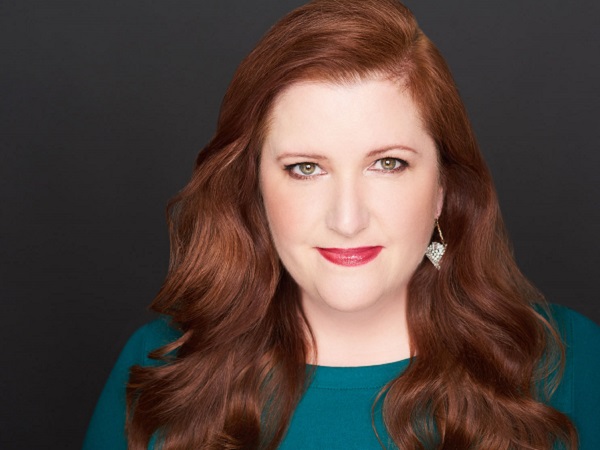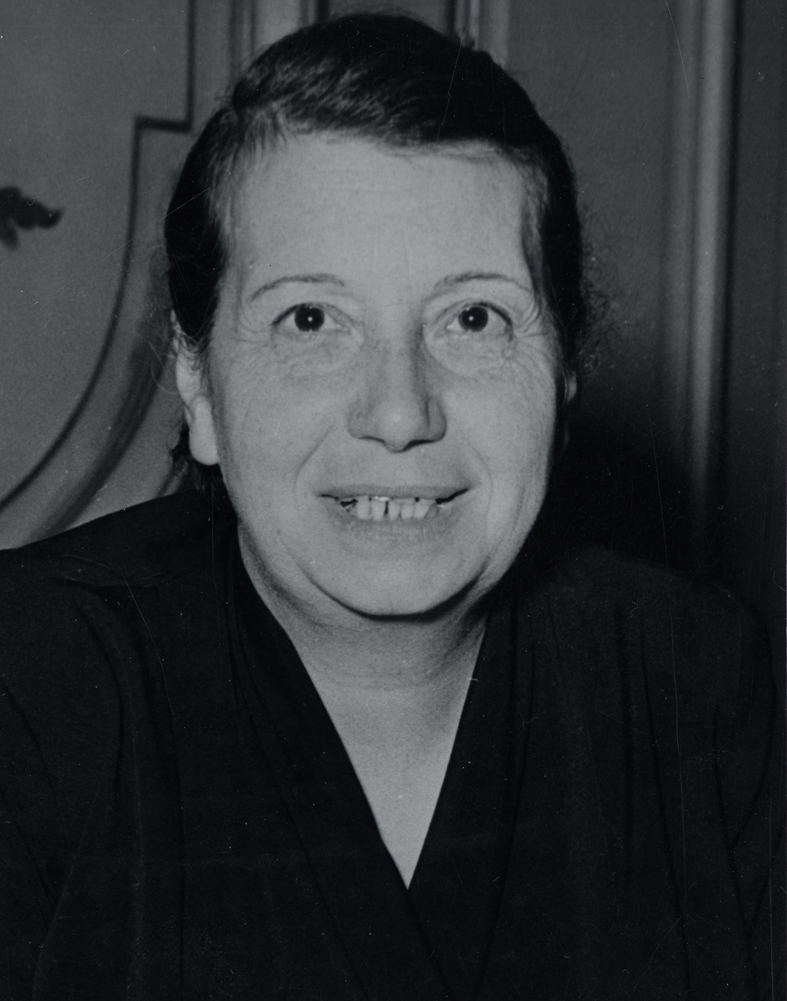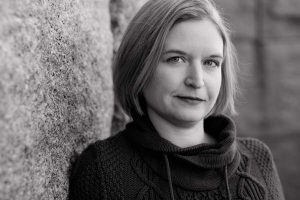
New Book on Wartime Refugees in Casablanca
Exile and War in Casablanca
The name Casablanca haunts the popular imagination, as it invokes Hollywood’s black and white World War II romantic melodrama, yet the pivotal role of the North African city as a haven for refugees and a strategic role during the conflict years is not well known. The intent of Meredith Hindley’s thoroughly researched and fast-paced new book, Destination Casablanca: Exile, Espionage, and the Battle for North Africa in World War II, is to fill some of these lacunae.
Dr. Hindley, a senior writer for the National Endowment for the Humanities’ quarterly review, devotes pages to the role of Casablanca as a haven for refugees, particularly Jewish refugees during the war. In the wake of the June 1940 armistice, which split France in two, French Morocco found itself under the rule of the Vichy government. The white city immediately saw the arrival of ships laden with refugees, fleeing the Nazi advance. Among the refugees were luminaries such as the Hungarian-born journalist and novelist Arthur Koestler and well-connected individuals like Sigmund Freud’s daughter-in-law and grand-daughter, Esti and Sophie Freud. But the majority of refugees were upper and middle class men and women whose financial resources had been taxed by the long journey.
Refugees deluged the American Consulate in Casablanca, seeking visas to immigrate to the United States. But the majority of them had few prospects for emigration due to the U.S. restrictive quotas. Other countries such as Canada were equally tightfisted with visas. In the fall of 1940, Vichy officials opened an internment camp at Sidi-el-Ayachi some fifty miles from Casablanca to detain the refugees who had outstayed their welcome in Casablanca.
Hindley highlights the role of Hélène Cazès-Bénatar, who established The Committee for Assistance of Foreign Refugees (Comité d’Assistance aux Réfugiés étrangers) to help provide relief to the refugees and have them released from Sidi-el-Ayachi and other internment camps that were set up throughout French Morocco. Bénatar was quick to team up with the Joint to receive funds to help her sustain her operations. The financial assistance provided by the Joint helped her assist the refugees who had already run out of money in order to prevent them from becoming a burden on the local government. Once the internees left the camp, Bénatar helped them find housing and jobs.
Throughout the book, Hindley stresses not only the role of Casablanca as a haven for refugees but also its strategic importance as the largest African port on the Atlantic. As early as July 1940, Hitler requested construction of eight airfields near Casablanca in the hope of using the Moroccan city as a staging point for a German assault on the United States. Incensed by the German demand, Vichy rejected it. The Allies had their own designs on the area. After the entrance of the U.S. into the war in December 1941, British Prime Minister, Winston Churchill, convinced President Roosevelt that an offensive in North Africa was a priority as the Allies could use the region as a base for attacking the Germans and Italians through the Mediterranean. It would also force Germany to divert troops from the eastern front and help take pressure off the Soviet Union. The invasion was launched in the early days of November 1942. Known as Operation Torch, it forced Vichy to relinquish French Morocco to the Allied forces and changed the course of the war.
Bénatar’s role in assisting the refugees continued unabated after Operation Torch. Emigration remained at a standstill, and the process of emptying the camps was painfully slow. The refugees who left the camps needed new clothing, housing money and medical care. Hindley notes one bright development in May 1943. Warner Brothers’ gave 500,000 Francs ($9,000) to the JDC to support Bénatar’s work. The gift came in the wake of the release of the movie Casablanca.
Bénatar’s work for the JDC continued after the war as she served as the JDC’s delegate for North Africa, using her talent for organization and her boundless energy to help the local Jewish populations of the region.




